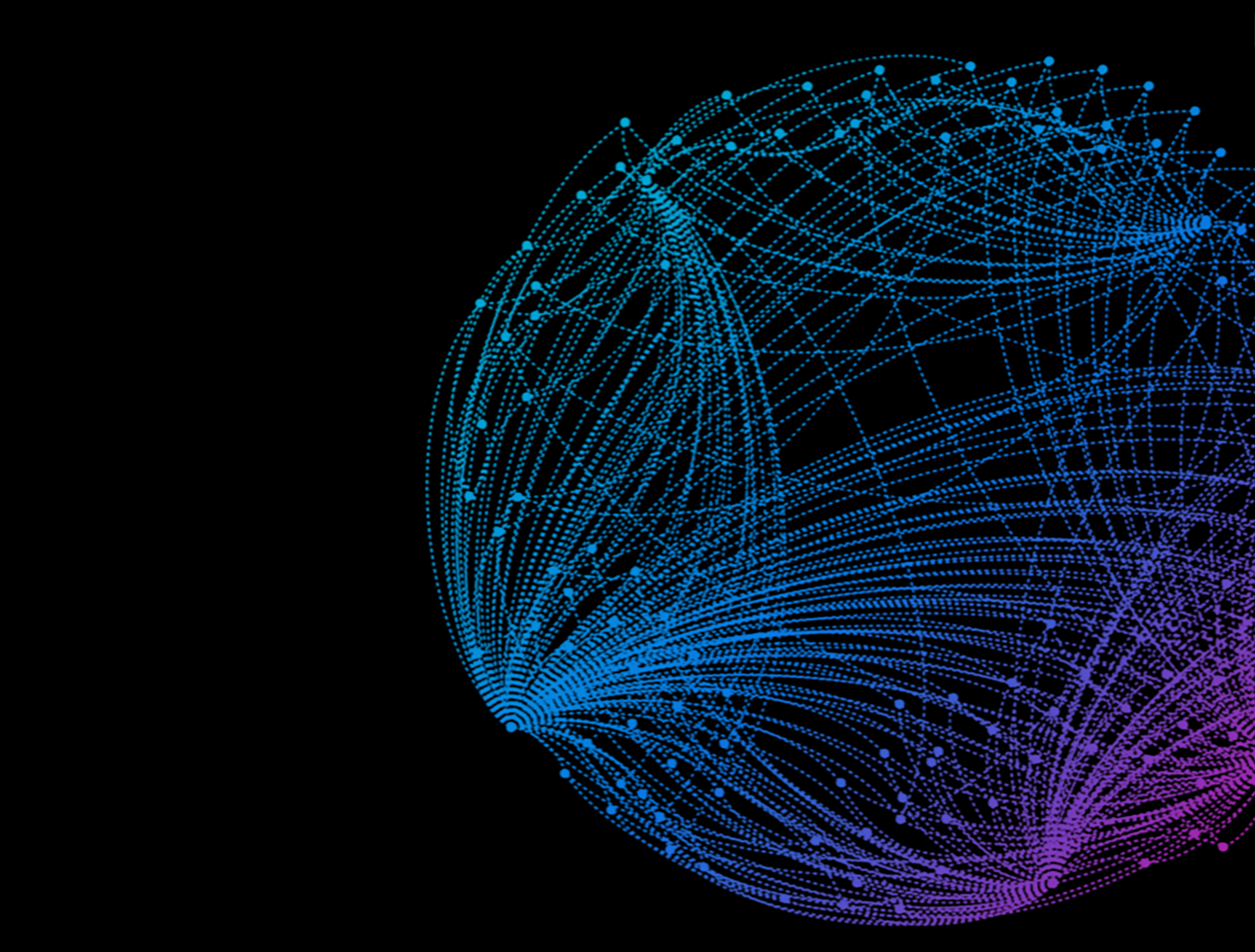Federated and Distributed data Sharing Appliance (FDSA)
Securely and efficiently share remote datasets to advance Alzheimer’s disease and related dementia research.
With today’s advanced tools, researchers can accelerate discoveries by analyzing existing data. FDSA makes remotely hosted datasets accessible to permissioned researchers in a global community.
Unlocking Datasets and Empowering Researchers
Many organizations possess valuable datasets that in theory could be accessed and analyzed by researchers around the globe to answer complex questions about Alzheimer’s disease and related dementias (ADRD). But in reality, for a variety of regulatory and technological reasons, this data tends to be locked away in siloes.
Federated and Distributed data Sharing Appliance (FDSA), an integral part of the AD Workbench product suite, addresses this challenge. It provides both those holding data sets and researchers conducting analyses a foundation for widespread data sharing. Ultimately, FDSA will help the research community convert data into breakthroughs that transform people’s health.
About FDSA
The FDSA is a plug-in for data stores that enables data contributors to easily publish remote datasets, making previously inaccessible research data available for discovery and analysis. Data contributors add their metadata to the AD Workbench catalog so that researchers can discover, request, and access these remote datasets. FDSA supports interoperability across platforms while prioritizing data security. Designed with a user-centric approach, it minimizes the workload for data contributors while allowing them to manage data access requests and audit analyses in a streamlined way.
Through the AD Workbench, researchers can discover FDSA-enabled remote datasets, request access to those datasets, use a tool called Query Builder to perform remote queries and conduct research analyses from AD Workspace.
Find additional product spec details here
For Data Contributors | For Researchers |
Organizations that possess ADRD datasets can share them with the global research community while continuing to host them in their environment. | Individuals and teams can discover and analyze remote datasets to further their ADRD research. |
Frequently Asked Questions
FDSA enables data contributors to securely share data with researchers while retaining control over the data. It makes data sharing possible without the need to centralize all data in a single repository.
The Federated and Distributed data Sharing Appliance (FDSA), a dockerized container is deployed within the data contributor's environment. It acts as a connector, allowing authorized users to access remote data sets securely. Importantly, the data remains within the data contributor's environment and does not leave their control, ensuring data privacy and security while enabling seamless data sharing.
FDSA facilitates the remote querying and analysis of data while maintaining specific governance data sovereignty requirements.
Currently, FDSA facilitates the exchange of structured data (database - PostgreSQL). Data types may extend to unstructured data (e.g., documents, text) and multimedia content (e.g., images, videos) in future releases.
Data security is a top priority. The system employs robust encryption, authentication mechanisms, and access controls.
Yes. FDSA provides fine-grained access controls, allowing you to specify which organizations or users can access which datasets under which conditions.
Once a license agreement is signed, please follow the steps listed in the installation guide.
For more information, please contact our support team at fdsa.support@alzheimersdata.org.
FDSA is free for non-commercial use. The only expense will be the Virtual Machine cost (cloud subscription or on-premise operations cost) within the data contributor's environment.
Contact and Support
For support and more information, email fdsa.support@alzheimersdata.org.

